www.annagregor.net
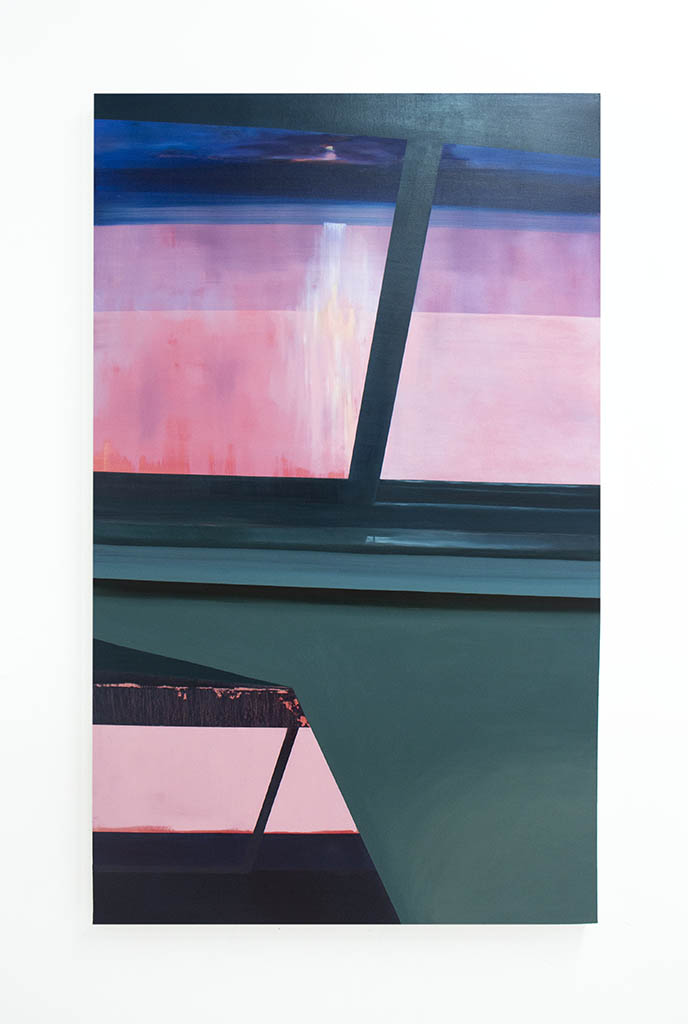
Pressed Upon a Pane
Pressed Upon a Pane Oil paint on canvas 36 inches x 60 inches
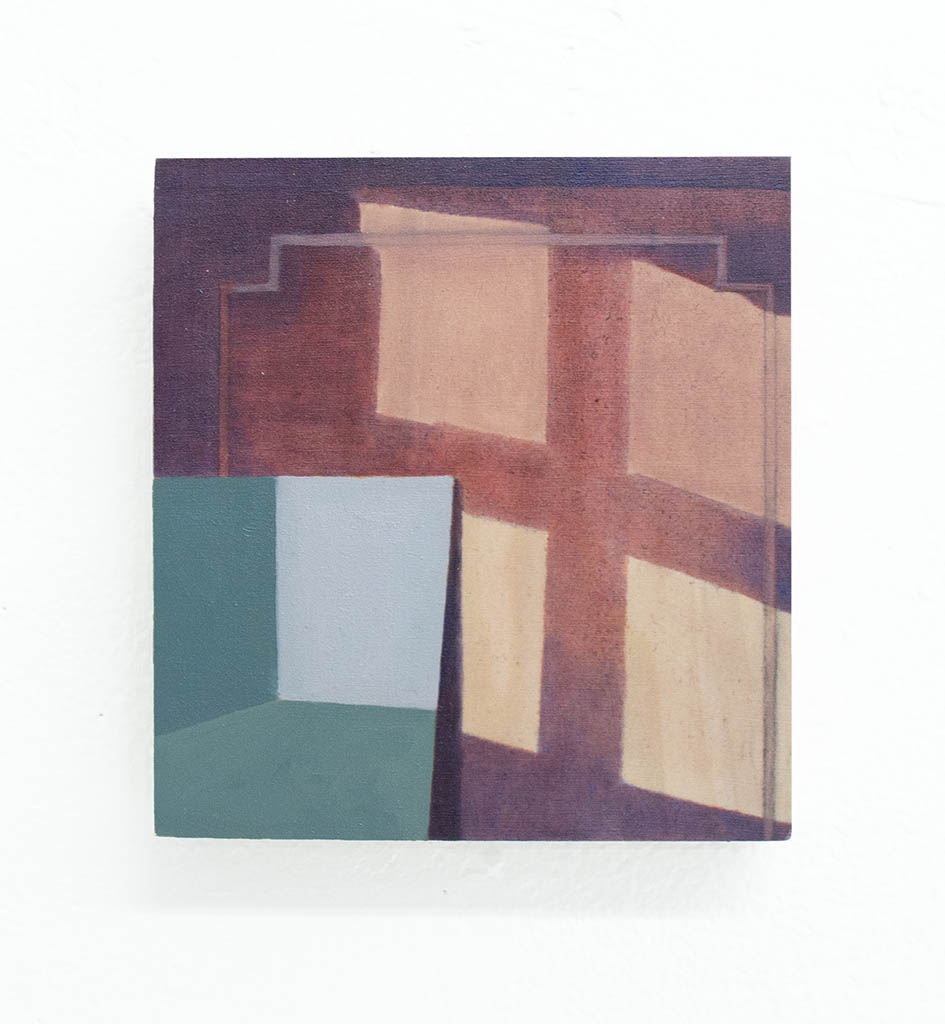
Ghosts
Oil paint on wood panel 5 inches x 5 inches
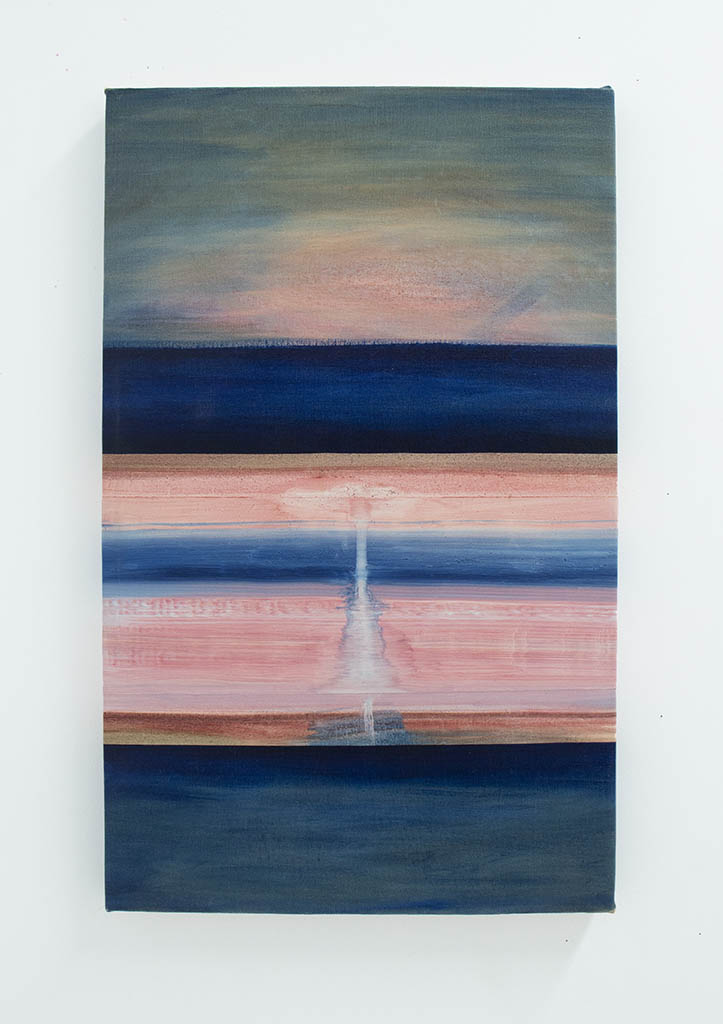
Meeting Place
Oil paint on canvas
12 inches x 24 inches

Burning
Oil paint on paper
51 inches x 60 inches

Concrete
Oil paint on wood panel
15 inches x 10 inches
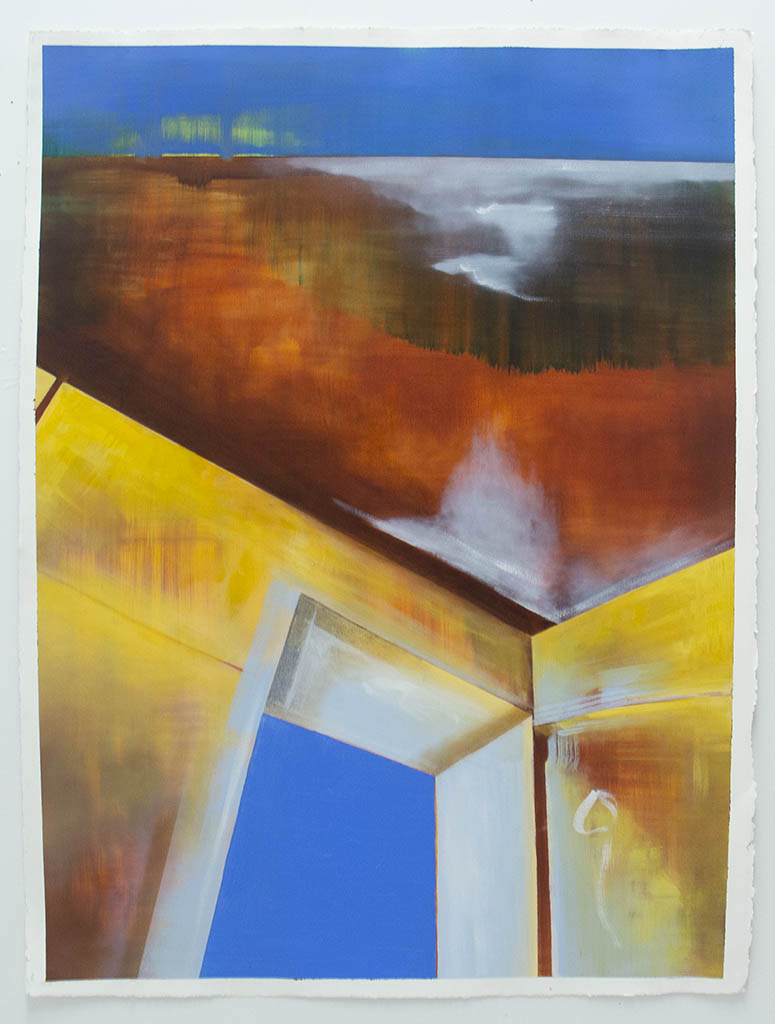
Corner Dream
Oil paint on paper
22 inches x 30 inches
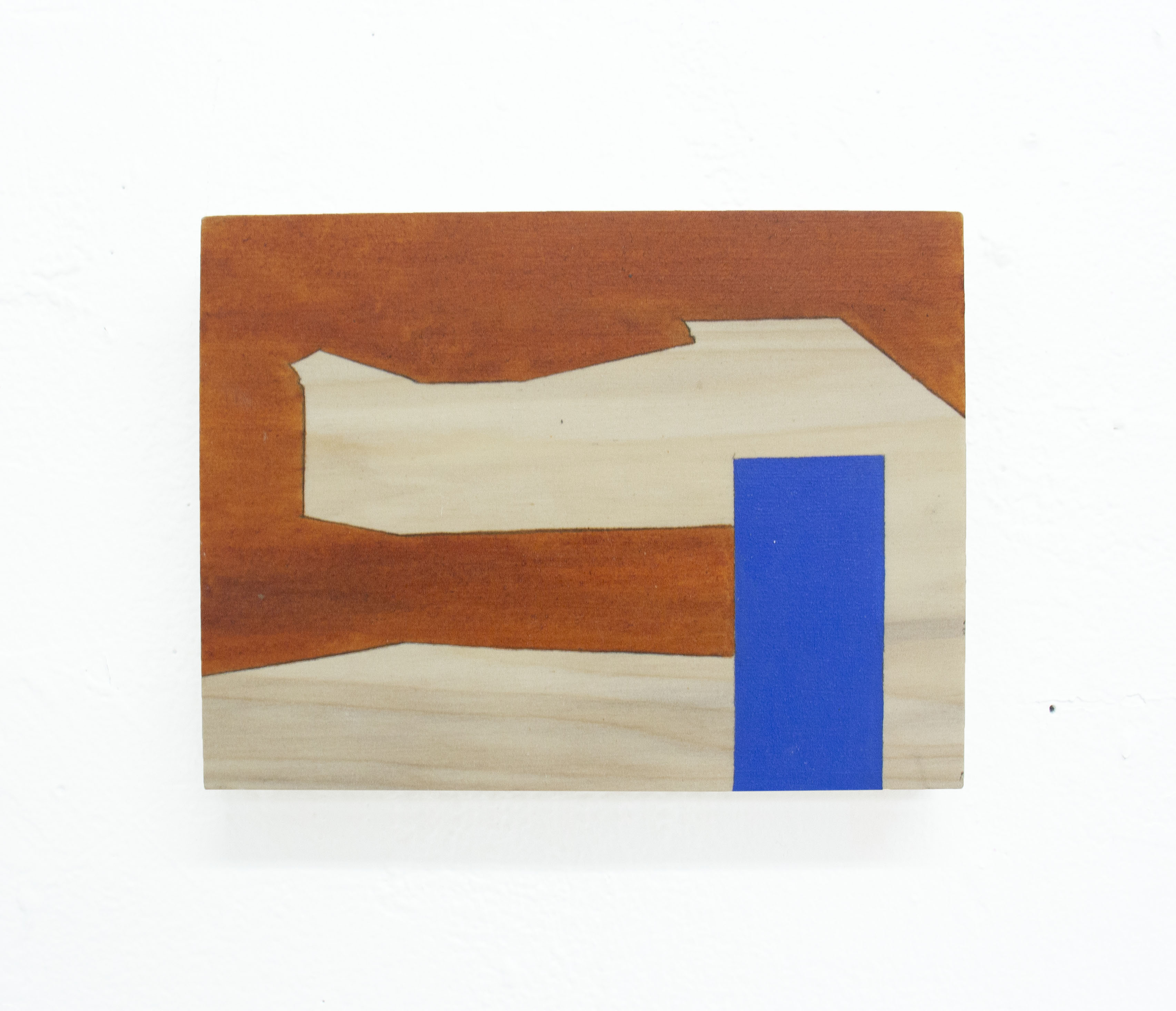
Morning
Oil paint on wood panel
7 inches x 5 inches
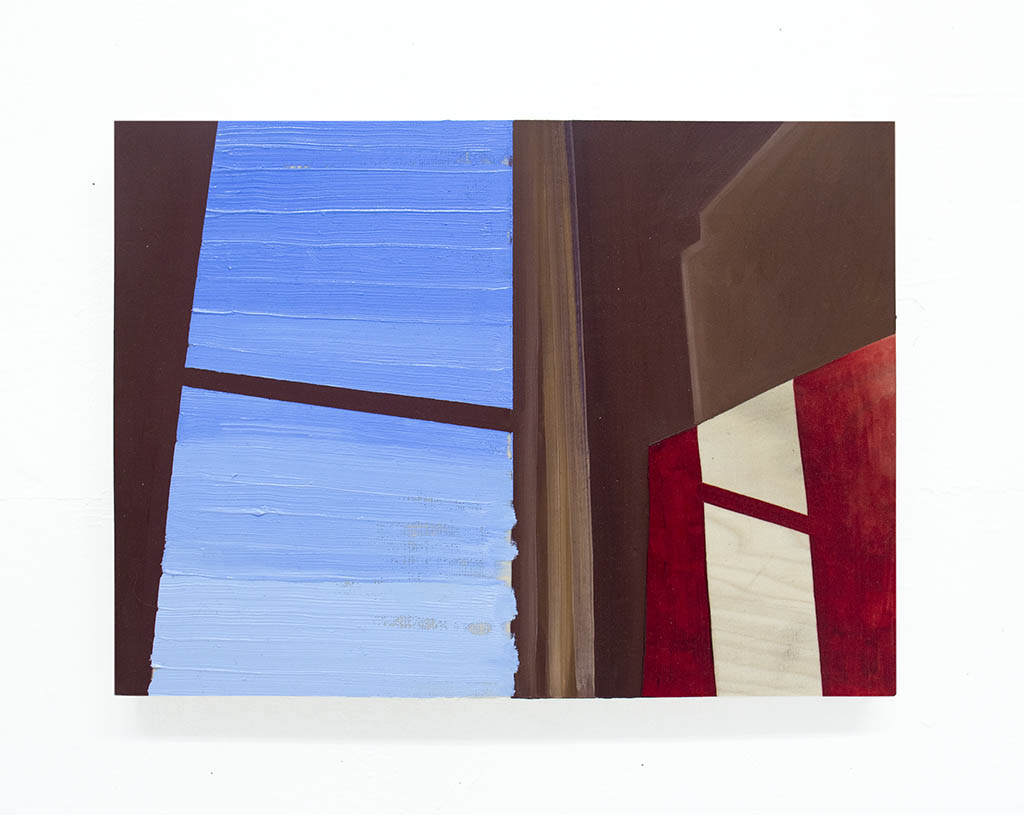
Reflection
Oil paint on wood panel
15 inches x 12 inches

Reflected Window
Oil paint on canvas
10 inches x 21 inches
My paintings suggest interior architectural spaces that enclose the viewer – walls and windows, corners and doors – that teeter on the edge of abstraction. At moments like these, when the idea of a represented object and the perception of the material collide, the suggestion of architectural space transforms into swathes of paint in the imagination of the viewer. These uncertain “spaces” that refuse comprehension, that almost dissolve into abstraction then almost coagulate into representation, foreground the act of mental construction fundamental to seeing: one attempts to understand what is depicted but is ultimately frustrated. The viewer is left with the sensuous beauty of paint applied to a two-dimensional surface and self-awareness of a mind that wants to understand present phenomena in terms of past experience. These paintings beg the question: what is really real — the material from which we construct an idea of the world or the conception of the world at which we ultimately arrive?
As a painter working with painting conventions, the problems that painters have grappled with throughout the tradition of western painting inform my choices. Veronese’s collision of the sky, classical architecture, and masses of writhing bodies makes me think about the depiction of the relationship between humans, architecture and nature. Corot’s landscapes made me think of the distance that can be spanned in a single brushstroke; the coalescing of a leaf and a distant tree within a single stroke contains a matter of miles in a daub of paint. Rothko’s paintings showed me how a painting can address the nature of the perceiving mind and eye. For, although many say that painting is dead, the question of how we understand what we see is always relevant – and it just so happens that paint is a perfect medium in which to attempt an answer.


